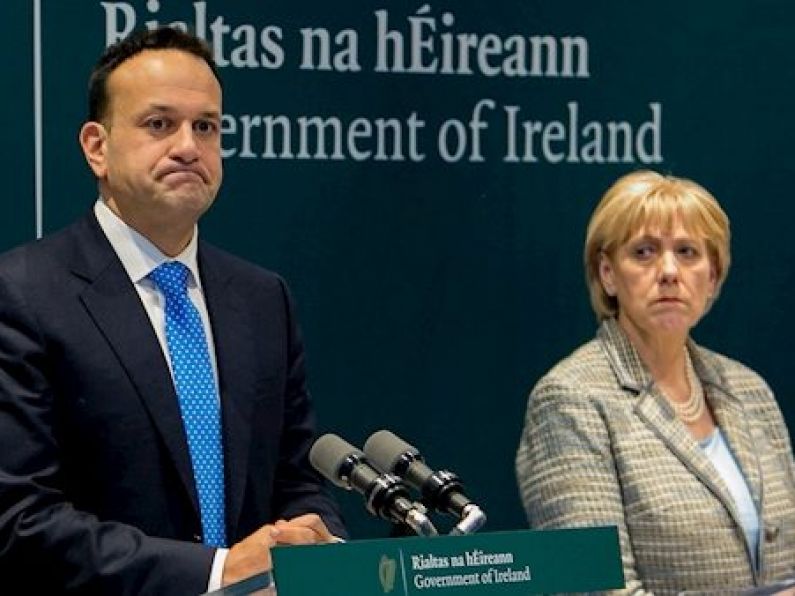The acting Government has announced a €3bn package to tackle the spread of Covid-19, warning that, if worst-case predictions come true, then the outbreak will be like nothing we have experienced in living memory.
In an unprecedented move, acting Taoiseach Leo Varadkar revealed a range of emergency measures.
They are designed to try to slow the spread of the deadly virus, but Mr Varadkar admitted the crisis could continue into next year.
Among the measures are:
- €2.4bn for a package of reforms for workers impacted by coronavirus to cover for sick pay, illness benefit and supplementary benefit;
- €435m to the HSE for increased health spending;
- €200m in liquidity funding for businesses.
Mr Varadkar said he would also speak with other EU leaders today about preventative measures and how the bloc can act as one, including on flight restrictions from some countries.
Mr Varadkar said he would also speak with other EU leaders today about preventative measures and how the bloc can act as one, including on flight restrictions from some countries.
The total number of confirmed Covid-19 cases here has now gone from 21 to 24. Of these, 14 are confirmed cases of people who travelled to northern Italy.
The rest are people who either caught the virus from a confirmed case or from an unknown source in the community.
In another day of dramatic developments:
- All of Italy has now been placed on lockdown restricting the movements of 60m people;
- St Patrick’s Day parades were cancelled, including major events in Dublin and Cork.;
- Stock markets plummeted as fears of a global recession spread;
- The WHO warned we are closer to a pandemic as the number of cases globally rose to 110,029 cases and 3,817 deaths.
Of these, more than 396 have been in Europe out of a total of more than 11,577 confirmed cases.
Earlier, the Taoiseach admitted this crisis “could go on well into next year”. He advised against “panic buying” but warned that the crisis will be “not like anything in living memory.”
He said: “The virus can’t be stopped but it can be slowed and the impact on it can be reduced. We have no treatment, no vaccine and no immunity so this is going to be a society response as it is going to be a medical one. As a consequence of that, all necessary resources will be mobilised. We will stay in the contagion phase as long as possible but we will move to the delay phase and the mitigation phase in the weeks ahead.”
The three newest cases announced yesterday are:
- A female in the south of the country
- A female in the west of the country
- A female in the south of the country, who is a healthcare worker.
- Additional reporting by Steve Neville, Juno McEnroe Neil Michael, and Conall Ó Fátharta
Useful information
- The HSE have developed an information pack on how to protect yourself and others from coronavirus. Read it here
- Anyone with symptoms of coronavirus who has been in close contact with a confirmed case in the last 14 days should isolate themselves from other people - this means going into a different, well-ventilated room alone, with a phone; phone their GP, or emergency department - if this is not possible, phone 112 or 999 and in a medical emergency (if you have severe symptoms) phone 112 or 999






